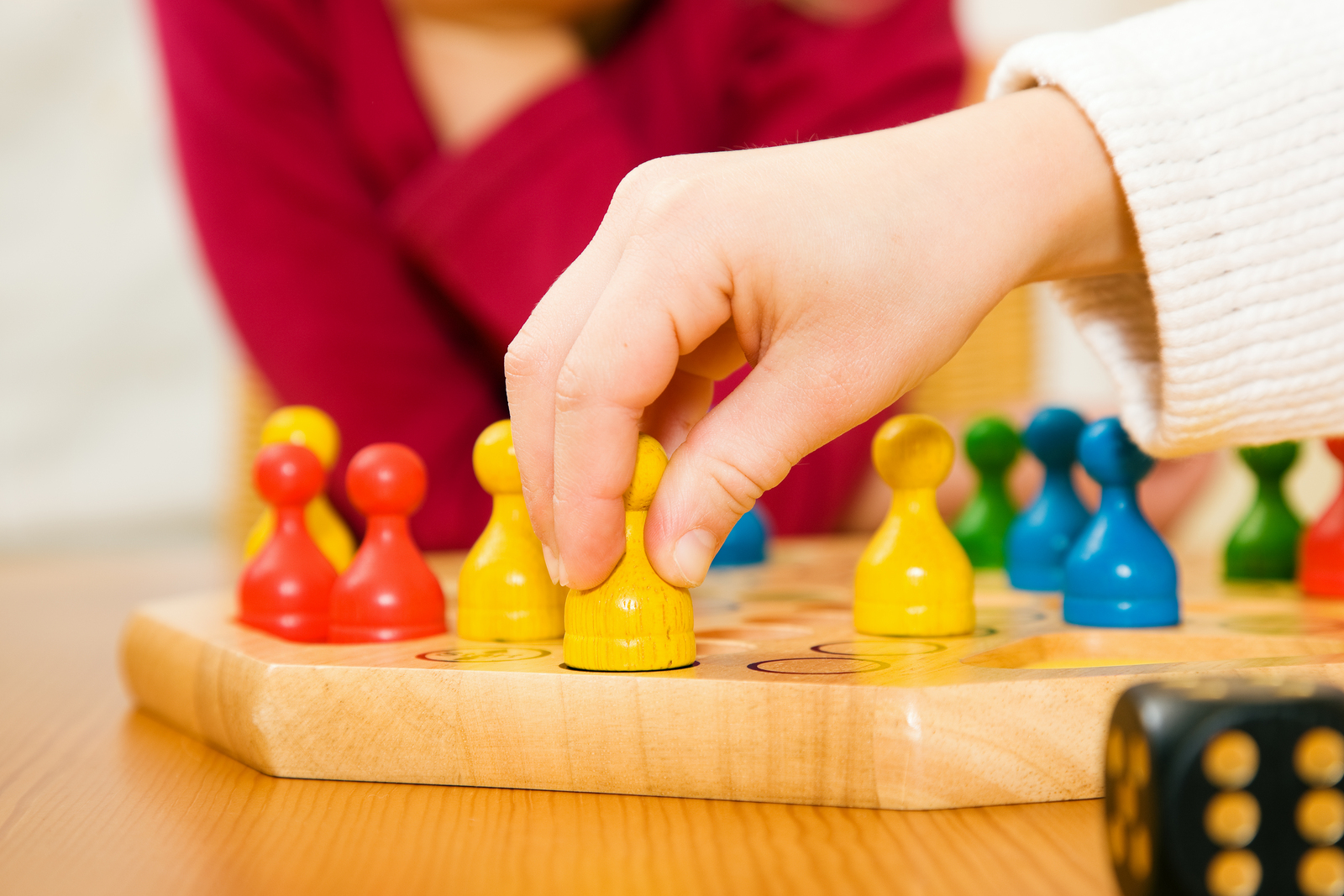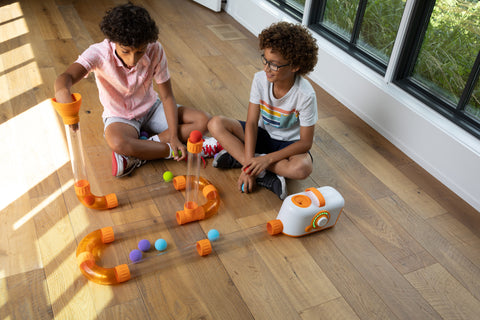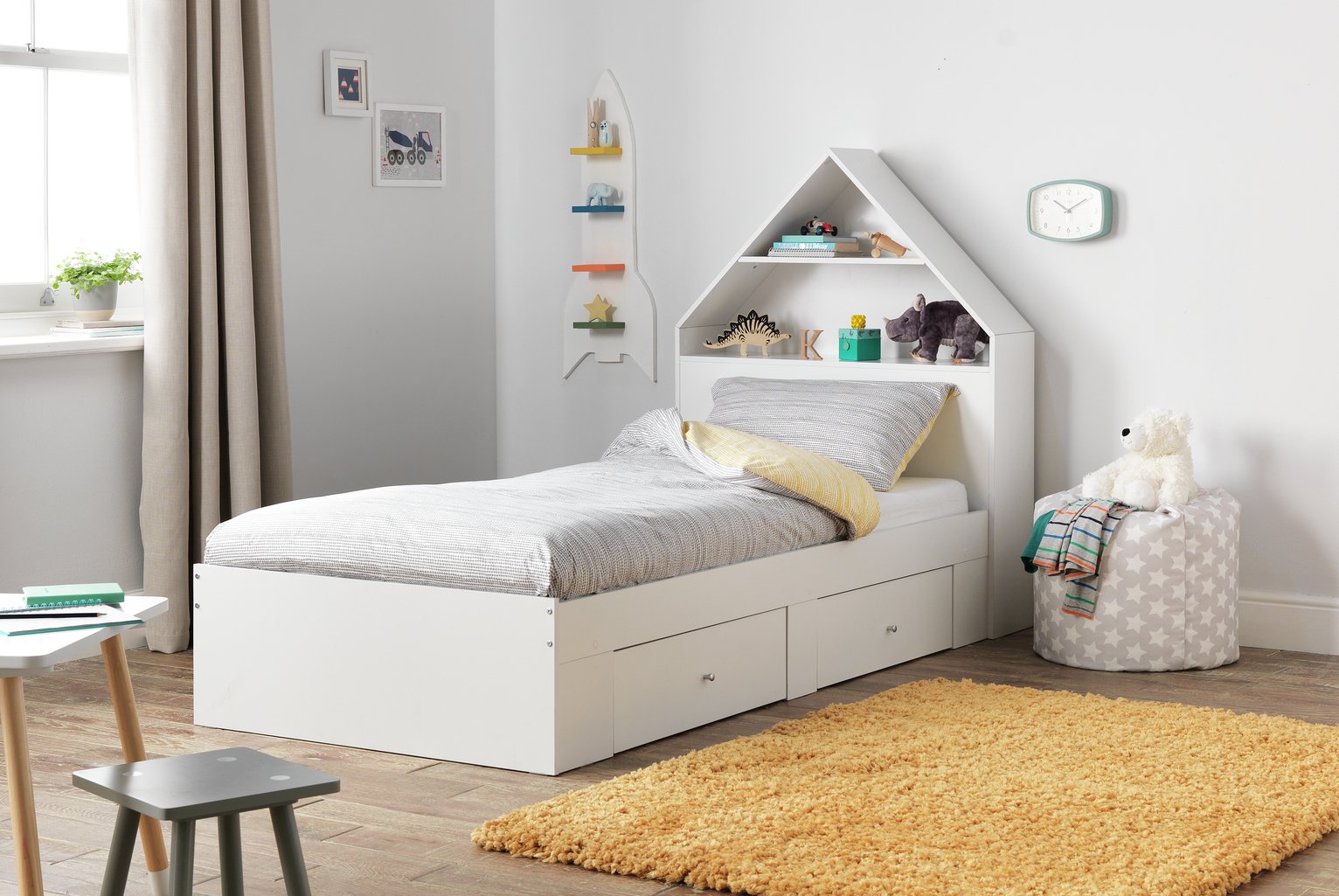
Introducing board games into early development programmes in a childcare setting helps children with cognitive, social and physical development. Josh and Ella were delighted when their son George came home from his Renown Park preschool asking to play board games that he had learnt there. As well as creating memorable family moments, playing board games helped George in the following ways:
1. Numbers and Colours
Board games can teach children colour and number recognition, counting and understanding how numbers work. Learning through play is a pillar of childhood education and board games contribute strongly to this pedagogy.
2. Patterns
Board games can aid in understanding patterns and spatial awareness. Games that require children to move diagonally, up or down are helpful in teaching shapes and direction and geometric language.
3. Following Rules
Board games require children to follow rules for the game to work. Introducing the concept in childcare helps ease children into real world life situations where rules are vital to the proper functioning of society. Josh and Ella were pleased when Josh started telling them when it was their turn to go.
4. Communication
Playing a board game from start to finish requires children to talk to each other and make group decisions, such as where to set up the board, which colour piece each child will have and who goes first. Communication and cooperation are an essential element of play.
5. Memory
Learning rules and following them also helps with memory development including working memory, as children are required to listen to the rules and then apply them to the game.
6. Organisation
Playing games that require decision making such as checkers or cards also helps develop children’s ability to plan and organise.
7. Competitiveness
Participating in board games with others helps children learn how to deal with a competitive spirit either in themselves or other children. Board games teach children that they will not always win, and whether they do or not is often a matter of luck. Win or lose, they can enjoy the process and the companionship.
8. Achieving Goals
Starting a board game and sticking with it to completion requires children to remain focussed on their goal. To achieve the objective of the board game, they must continue the game until a clear winner is established.
9. Taking Turns
An important social skill, especially as children move toward big school is having the patience and understanding to take turns.
10. Fine Motor Skills.
Rolling a die, spinning a wheel and moving small pieces all require exercising your fine motor skills. George’s skills with a crayon also showed improvement after he began to play board games frequently.
Playing board games helped George with many aspects of his development including socialisation and learning areas of the curriculum like numeracy and geometry. Board games in childcare continue to contribute to the learning through play philosophy endorsed by the National Early Learning Framework.














